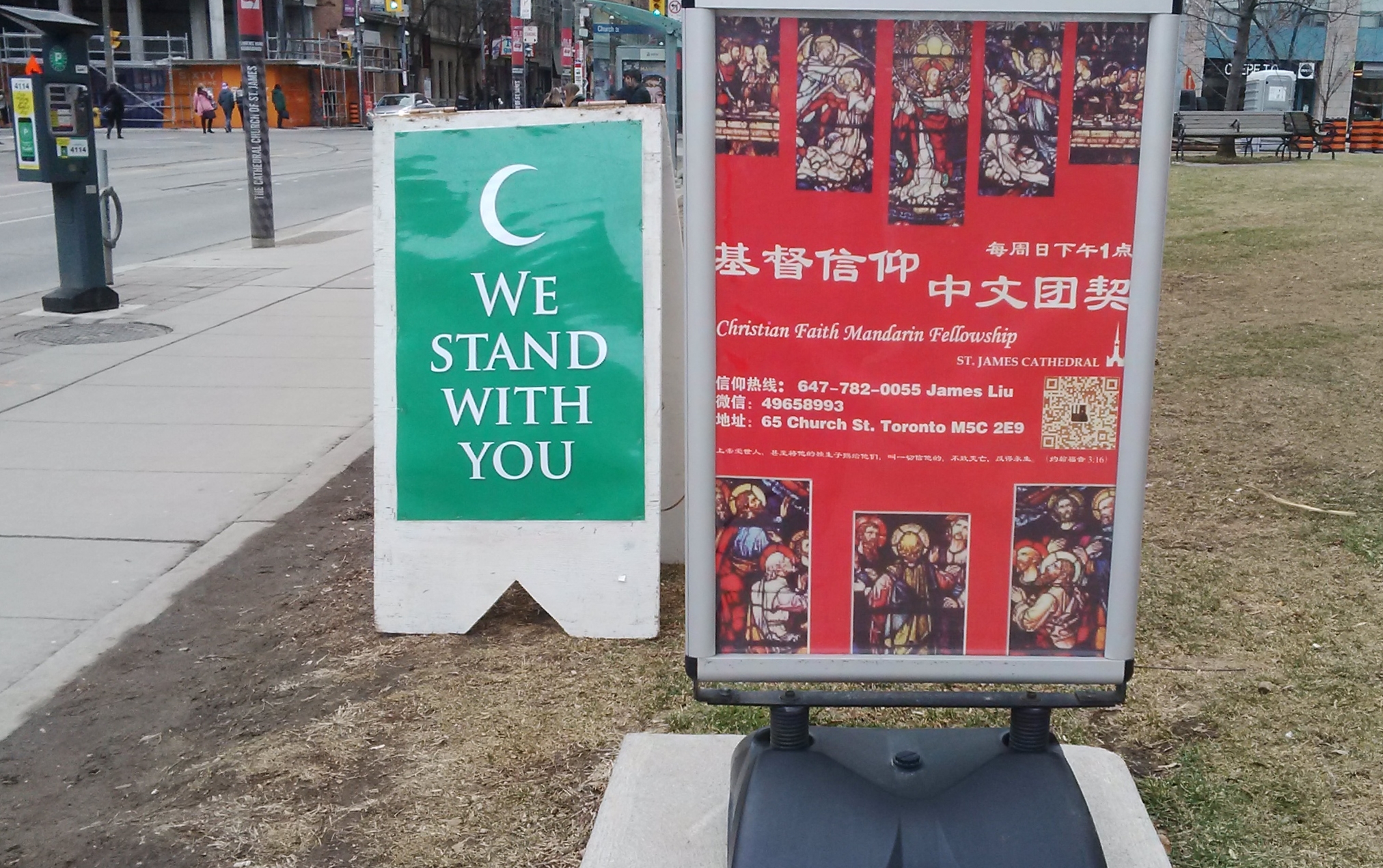“Missed target: Beware of the rise of populism”
April 14 The pressure of migration and the rise of so-called populism is driving politics in Europe and America. Carole Nyemeck, 24, a Commonwealth Correspondent from Cameroon, looks deeper into history and examines the interplay between quest for power and targeted groups.
The pressure of migration and the rise of so-called populism is driving politics in Europe and America. Carole Nyemeck, 24, a Commonwealth Correspondent from Cameroon, looks deeper into history and examines the interplay between quest for power and targeted groups.
In 2016, the economic crisis coupled with the rising migratory crisis pushed Europe towards division and Brexit, the United Kingdom’s June 23, 2016 referendum to leave the European Union.
Months later, in January 2017, Donald Trump, an American mogul newly elected as President of the United States, banned entry to the country for seven predominantly Muslim countries of the Middle and Near East. In the same wavelength, the French elections are approaching in May 2017, and the Front National is gaining in the presidential polls, mainly because of its protectionist, autarkic views and its populist trial on Islam rather than terrorism.
Yet, as we delve into history and uncover periods like the ancient Supremacy of Judaism in Arabia, the Reconquista and the Spanish Inquisition, aren’t we compelled to re-examine the arbitrary trial we are inflicting on Islam?
In the southwestern part of Arabia, formerly known as Himyar and now Yemen, the local population was converted to Judaism by force. It was imposed as the state religion in the late fourth century. As a result, a Jewish kingdom soon followed and lasted from 425 to 525. Arabic historical writings and Greek and Syriac records show evidence that the kingdom was dedicated to the observance of Judaism and the persecution of Christians.
The Reconquista is the historical period of the Iberian Peninsula taking place between the Islamic conquest of Hispania in 711 and the fall of the last Islamic state known as the Moors in Iberia, under the rise and supremacy of the Christian kingdoms in 1492. When Christians took control of the kingdoms, the Alhambra decree was enforced in Granada and compelled the Muslim population to convert or be expelled. In 1502, Queen Isabella I declared conversion to Catholicism compulsory within the Kingdom of Castile, and King Charles V did the same in the Kingdom of Aragon in 1526. Muslim properties were then seized unjustly by many local officials. It was the beginning of the Inquisition.
The Spanish Inquisition was a judicial institution established to officially fight heresy in Spain and yet unofficially consolidate the supremacy of the Spanish kingdom through brutal methods. During that period, the Moriscos and Marranos; respectively Muslims and Jews who were compulsory converted to Catholicism, were marginalised and expelled from Spain. Those who managed to stay were executed, imprisoned or expelled if they were found to be secretly practicing Islam or Judaism. Hence, the converted were perpetually suspected of various crimes against the Spanish state. Even the few Spanish Protestants were eliminated by the Inquisition. Prominent Roman Catholic figures who were suspected of heresy were imprisoned and Christian groups that had opinions seen as divergent from the Inquisition’s orthodoxy were severely persecuted throughout the 16th until the 17th century. The Spanish and Portuguese Conquistadors eventually exported the same harsh techniques of the Inquisition during their invasion of the Americas and Asia.
What history tells us with those events is that every era has its flaws, and generally, those flaws try to dissimulate themselves into and between established and respected institutions as a means to create division, hate, and chaos. Just as the extremist face of Judaism martyred innocent people in Arabia, and later on the extremist face of Catholicism did the same in Spain, and then in the whole of Europe with serious repercussions in the Americas and Asia, today, the extremist face of Islam is martyring innocent people in the Middle East, with serious repercussions in the whole world. This is a reminder that the common factor here is not religion, as we might tend to think, but rather an avid desire for godlike power and total veto over human lives, just as infamously known groups like the Nazis or the Ku Klux Klan had. Hence, if we surrender to populism and arbitrary trial on religion, we might miss a more profound target, which will then be free to come in many other forms.
Glen W. Bowersock. 2011. ‘’The Rise and Fall of a Jewish Kingdom in Arabia’’. Institute for Advanced Study. https://www.ias.edu/ideas/2011/bowersock-jewish-arabia
Edward A. Ryan. May 28, 2015. ‘’Spanish Inquisition: Spanish History [1478-1834]’’. Encyclopedia Britannica. https://www.britannica.com/topic/Spanish-Inquisition
‘’Christian-Jewish Relations’’. Jewish Virtual Library. http://www.jewishvirtuallibrary.org/
The Spanish Inquisition History Channel Documentary. May 14, 2013. YouTube Video. https://www.youtube.com/watch?v=ZaEXn_xY7_w
The Editors of Encyclopedia Britannica. April 27, 2015. ‘’Conquistador: Spanish History’’. Encyclopedia Britannica. https://www.britannica.com/topic/conquistador-Spanish-history
Photo credit: Pat Halpin
…………………………………………………………………………………………………………………
About me: I am a student and blogger who loves to describe myself as a practical dreamer. I am best accomplished when I challenge the status quo and step out of my comfort zone.
I feel deeply interested in becoming a research economist. What captivates me in that career is the whole process of researching, devising, implementing, evaluating and analysing policies, models and programmes that cater for society’s needs. To concretise that aspiration, I hope to join the academia and research worlds.
…………………………………………………………………………………………………………………
Opinions expressed in this article are those of the author and do not necessarily represent the views of the Commonwealth Youth Programme. Articles are published in a spirit of dialogue, respect and understanding. If you disagree, why not submit a response?
To learn more about becoming a Commonwealth Correspondent please visit: http://www.yourcommonwealth.org/submit-articles/






